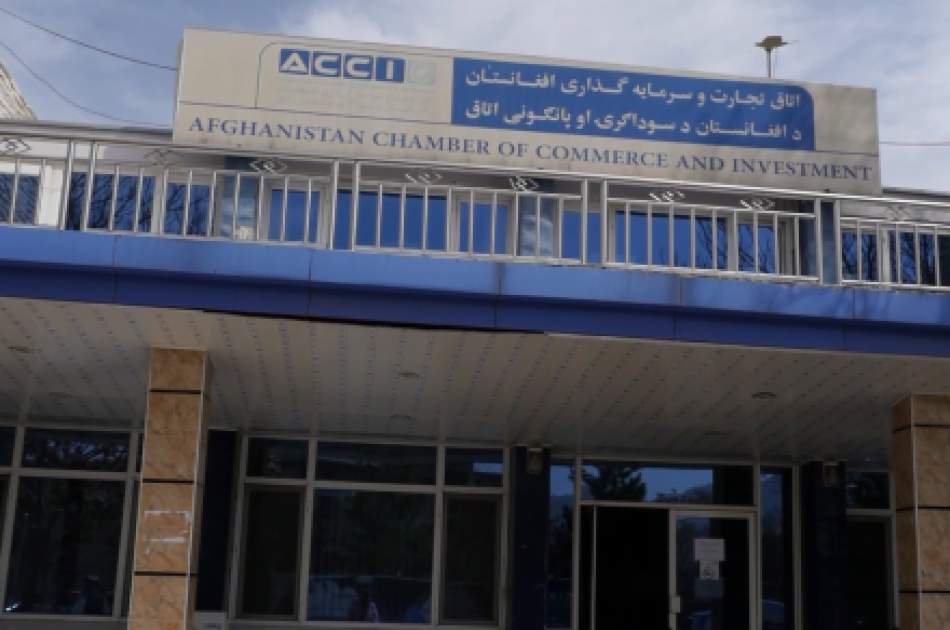Pakistan wants barter trade with Afghanistan. The Afghanistan Chamber of Commerce and Investment (ACCI) said.
Publish dateSaturday 29 July 2023 - 14:19
Story Code : 273973
Afghan Voice Agency(AVA)_Monitoring, A member of the ACCI, Khanjan Alokozai, said that the trade exchange and money transaction between the Afghan and Pakistani traders is being conducted via unofficial ways (Hawala).
“As the banks are closed and money transactions cannot happen or the trades are conducted illegally, it is better to do it by barter. But it should be under control. It will be better if it is in control of customs and the Ministry of Industry and Trade,” he said.
Mohammad Rasul Totakhail, head of the union of coal exporters, said that barter trades will benefit both countries.
“Its benefit for both countries is that the cash does not flow to any country, neither Afghanistan nor Pakistan, and it neither goes from Pakistan to Afghanistan,” he said.
This comes as the Ministry of Industry and Commerce (MoIC) said that negotiations are underway with Pakistan on how to implement the barter trade between the two countries.
“The negotiations with Pakistan have been conducted about the barter trade. We are talking about its details and these negotiations have yet to be finalized,” said Akhundzada Abdul Salam Javad, a spokesman for the MoIC.
Meanwhile, Sayed Masoud, an Afghan economist, said that the barter trade does not benefit Afghanistan.
“You are losing your free hand in foreign trade. It means that when you export something, you should import something in return. You are not only going to be not receiving currency, you will be forced to purchase the goods which you could find with fair prices and better quality in other countries such as Uzbekistan, Tajikistan, Kazakhstan, Iran and China,” he said.
Based on the statistics of the MoIC, coal, beans, cottons, precious stones, carpets and fresh fruits are main exports of Afghanistan to Pakistan. Imports from Pakistan include rice, cement and clothes.
“As the banks are closed and money transactions cannot happen or the trades are conducted illegally, it is better to do it by barter. But it should be under control. It will be better if it is in control of customs and the Ministry of Industry and Trade,” he said.
Mohammad Rasul Totakhail, head of the union of coal exporters, said that barter trades will benefit both countries.
“Its benefit for both countries is that the cash does not flow to any country, neither Afghanistan nor Pakistan, and it neither goes from Pakistan to Afghanistan,” he said.
This comes as the Ministry of Industry and Commerce (MoIC) said that negotiations are underway with Pakistan on how to implement the barter trade between the two countries.
“The negotiations with Pakistan have been conducted about the barter trade. We are talking about its details and these negotiations have yet to be finalized,” said Akhundzada Abdul Salam Javad, a spokesman for the MoIC.
Meanwhile, Sayed Masoud, an Afghan economist, said that the barter trade does not benefit Afghanistan.
“You are losing your free hand in foreign trade. It means that when you export something, you should import something in return. You are not only going to be not receiving currency, you will be forced to purchase the goods which you could find with fair prices and better quality in other countries such as Uzbekistan, Tajikistan, Kazakhstan, Iran and China,” he said.
Based on the statistics of the MoIC, coal, beans, cottons, precious stones, carpets and fresh fruits are main exports of Afghanistan to Pakistan. Imports from Pakistan include rice, cement and clothes.
avapress.net/vdca0enue49n0o1.tgk4.html
Tags
Top hits







